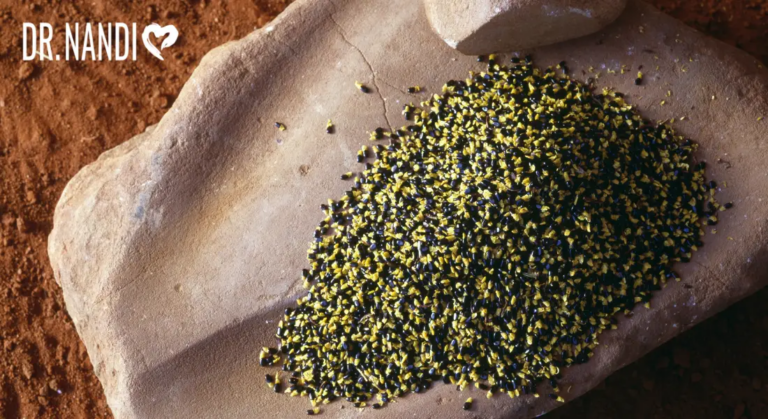The Hidden Side of Peanut Butter: A Deep Dive Into Your Favorite Spread
Peanut butter. A creamy, indulgent spread that’s found its way into the hearts and pantries of millions worldwide. It’s a comfort food, a quick snack, and for many, a nostalgic reminder of childhood. But behind its velvety texture and rich, nutty flavor lies a story not often told. This familiar kitchen staple, it turns out,…






















